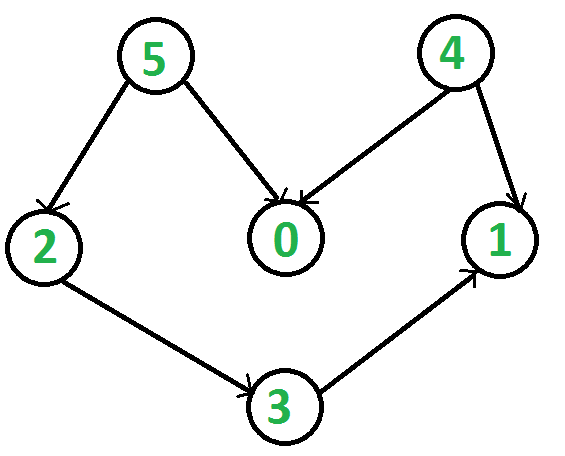Check if a String is a Number Using a Custom is_number() Function
The following example demonstrates how to create a custom function is_number() to determine if a string is a number.
Example (Python 3.0+)
def is_number(s):
try:
float(s) # Try converting to float
return True
except ValueError:
pass
try:
import unicodedata # Handle Unicode strings
unicodedata.numeric(s)
return True
except (TypeError, ValueError):
pass
return False
# Test with strings and numbers
print(is_number('foo')) # False
print(is_number('1')) # True
print(is_number('1.3')) # True
print(is_number('-1.37')) # True
print(is_number('1e3')) # True
# Test with Unicode characters
# Arabic 5
print(is_number('٥')) # True
# Thai 2
print(is_number('๒')) # True
# Chinese number
print(is_number('四')) # True
# Copyright symbol
print(is_number('©')) # FalseOutput:
False True True True True True True True False
In this example, the is_number() function first attempts to convert the string to a float to determine if it’s a valid number. If that fails, it tries using the unicodedata.numeric() method to handle Unicode representations of numbers.
Additional Methods for Checking Numbers
isdigit(): This method checks if the string consists only of digits. It does not handle floats or negative numbers.print('123'.isdigit()) # True print('123.45'.isdigit()) # Falseisnumeric(): This method checks if a string contains only numeric characters and works mainly with Unicode objects.print('四'.isnumeric()) # True print('123'.isnumeric()) # True


